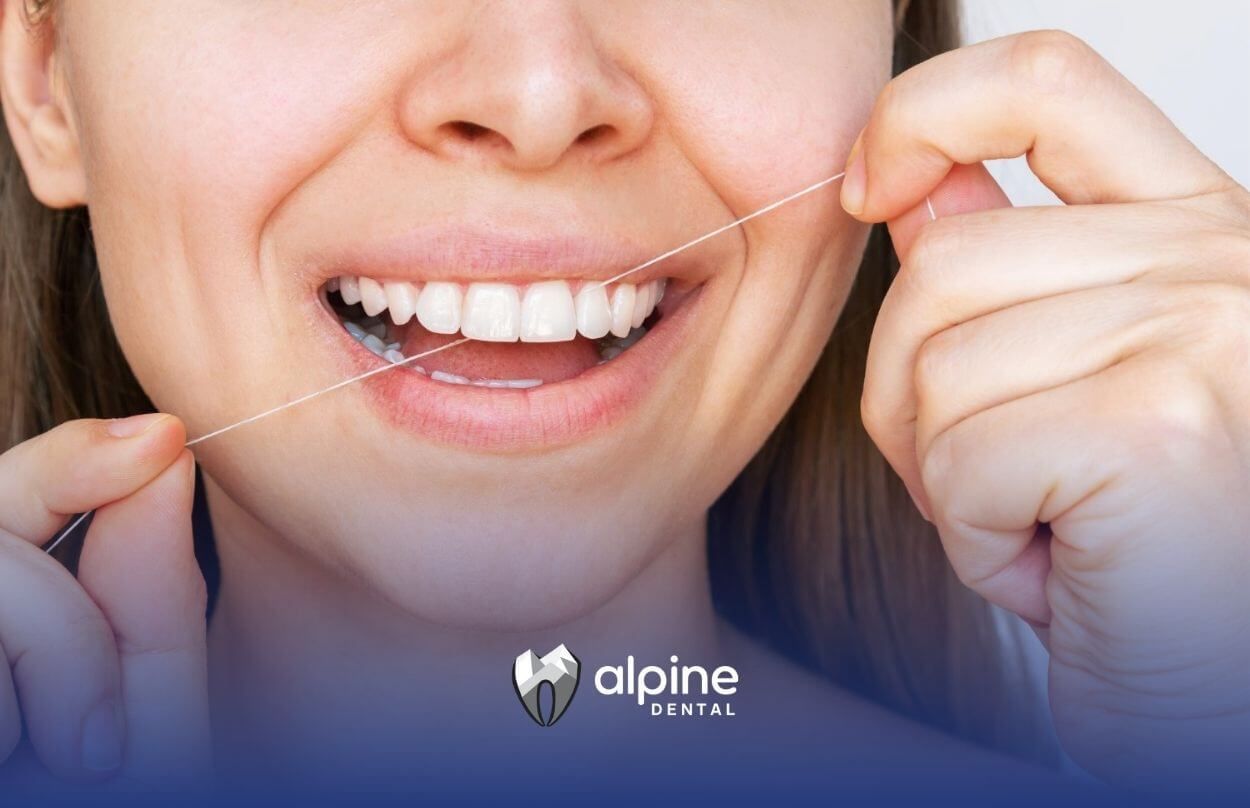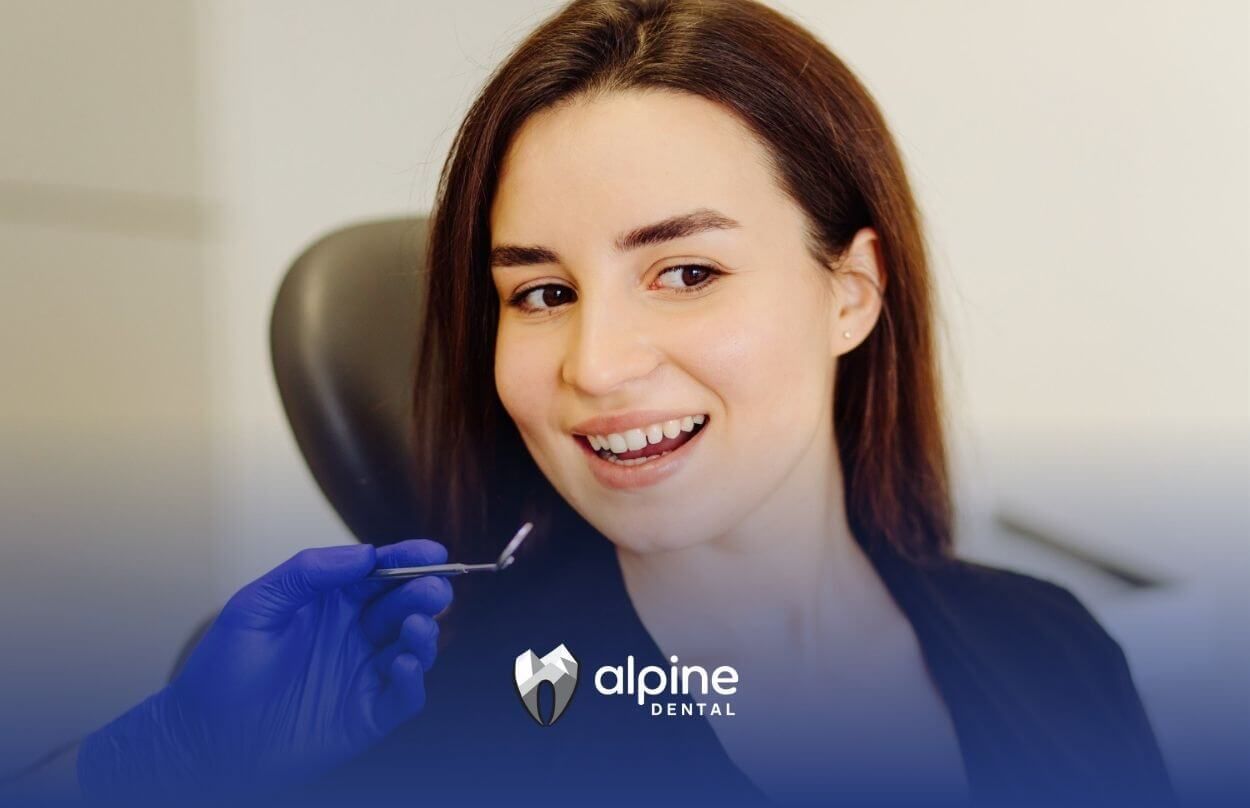Can a Dentist Get It Wrong?
Like any medical professional, dentists strive for accuracy, but they are human and mistakes can happen. Dentistry often involves interpreting X-rays, examining symptoms, and making judgments about conditions that aren’t always obvious.
Common Areas for Misdiagnosis
- Cavities and Cracks – Small cavities or hairline cracks may not appear clearly on X-rays, leading to missed or delayed detection.
- Gum Disease – Early
gum disease can be subtle and sometimes mistaken for normal irritation.
- Tooth Pain – Pain can radiate, making it difficult to identify the exact tooth causing the issue.
- Oral Conditions – Rare infections or lesions may mimic more common dental issues, causing confusion.
Why Errors Happen
Every mouth is unique, and conditions often overlap. Limited visibility, overlapping teeth, or even patient symptoms that don’t match X-ray results can complicate diagnosis. That’s why second opinions are sometimes recommended, especially before major treatments.
The Bottom Line
While dentists may occasionally get it wrong, regular checkups, clear communication, and modern diagnostic tools greatly reduce the chances. If something feels off, it’s always okay to ask questions or seek another opinion.
Need a trusted dental team?
At Alpine Dental, we prioritize thorough exams and patient education to ensure your dental care in Lakewood, NJ, is accurate and reliable.
Contact us today to schedule your visit.
SOURCES:
https://www.webmd.com/oral-health/ss/slideshow-tooth-problems
https://www.quora.com/Is-a-dentist-responsible-for-mistakes-and-informing-the-patient
https://www.msdmanuals.com/home/mouth-and-dental-disorders/urgent-dental-problems/complications-after-dental-treatment
https://dentallaw.co.uk/news/five-common-examples-of-dental-negligence-you-shouldnt-ignore/
https://www.medicalnegligenceassist.co.uk/dental-negligence-claim/dentist-pulled-wrong-tooth-out-how-to-claim-compensation




